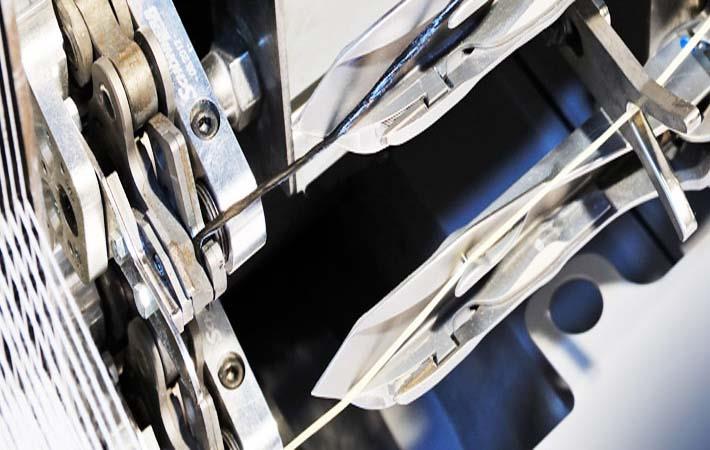The future of the textile industry will be more and more determined by Industry 4.0—also called Industrial Internet of Things for intelligent and integrated manufacturing—including smart services, according to Nicolai Strauch, head of public relations of the Verband Deutscher Maschinen -und Anlagenbau (VDMA), or the German Engineering Federation.
In smart services, operations and factory—all part of Industry 4.0—key solutions are provided by the machinery industry. The other ones—from smart textile products, marketing, sales, employees to strategy and organisation—are specific know-how issues for textile mills, Strauch told Fibre2Fashion in an interview.The future of the textile industry will be more and more determined by Industry 4.0-also called Industrial Internet of Things for intelligent and integrated manufacturing-including smart services, according to Nicolai Strauch, head of public relations of the Verband Deutscher Maschinen -und Anlagenbau (VDMA), or the German Engineering Federation.#
The textile production chain, from spinning to fabric production to finishing, has been capital-intensive rather than labour-intensive for decades. The labour-intensive tag is in production, especially in the garment manufacturing. Automation will increase in the near future in this sector as well, he added.
Founded in 1892, VDMA is the largest network organisation for mechanical engineering in Europe with more than 3,200 members. (DS)
For the full interview, please click here.
Fibre2Fashion News Desk – India
